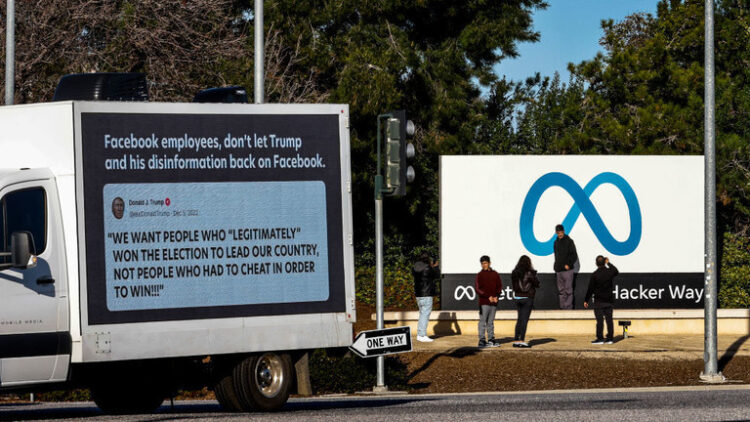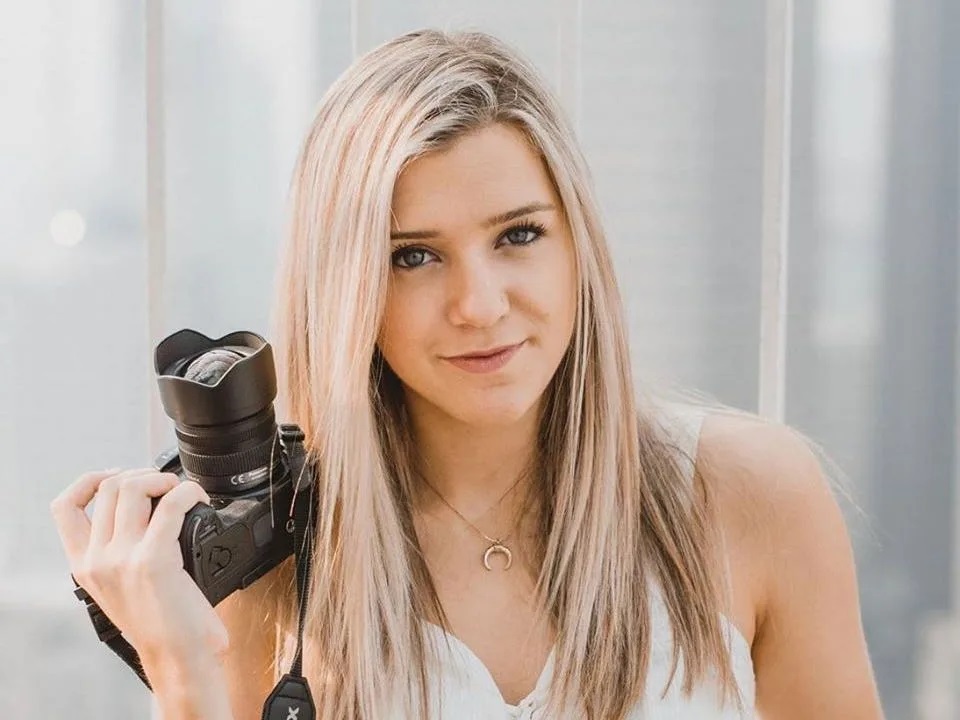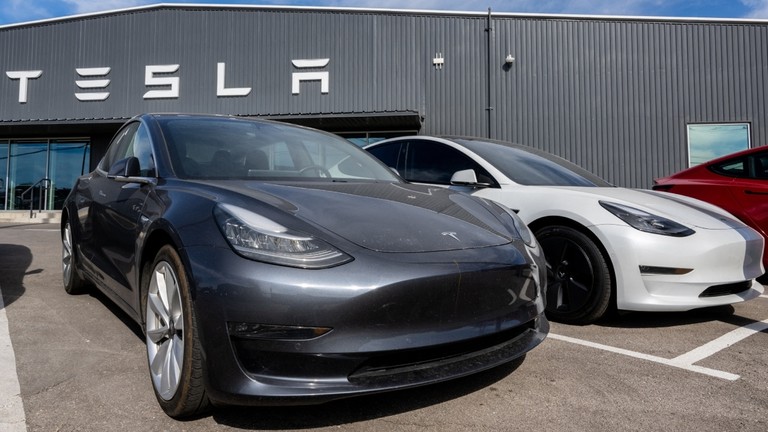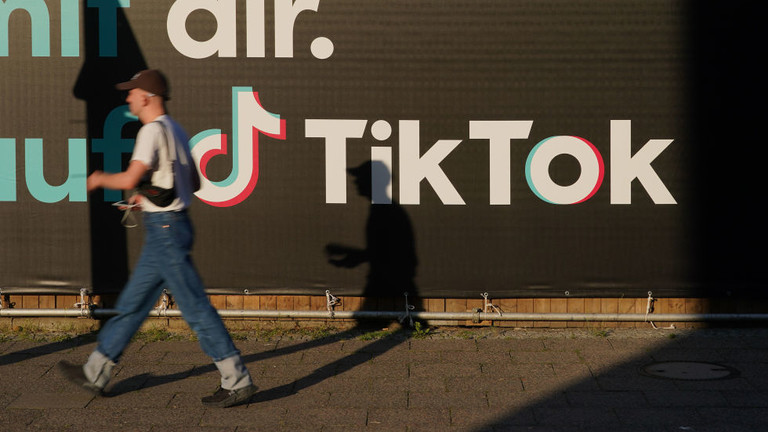TECHNOLOGY
Zuckerberg unveils new Instagram feature
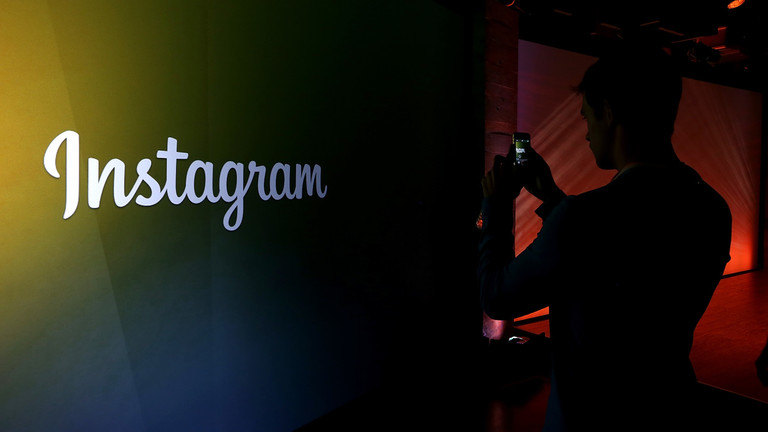
TECHNOLOGY
How much YouTube pays for 1 million views, according to creators
TECHNOLOGY
Tesla employees shared sensitive images recorded by cars – Reuters
TECHNOLOGY
Nordic nation’s military bans use of TikTok – media
-

 NEWS5 months ago
NEWS5 months agoChina makes its move in Africa. Should the West be worried?
-

 NEWS5 months ago
NEWS5 months agoChina is raising its retirement age, now among the youngest in the world’s major economies
-

 NEWS5 months ago
NEWS5 months agoRussia warns NATO of ‘direct war’ over Ukraine
-

 WAR5 months ago
WAR5 months agoIsraeli president comments on Lebanon pager attacks
-

 FINANCE5 months ago
FINANCE5 months agoGerman central bank issues warning on economy
-

 INVESTMENTS5 months ago
INVESTMENTS5 months agoGold price soars to all-time high
-

 FINANCE5 months ago
FINANCE5 months agoThousands of EU automotive jobs at risk

